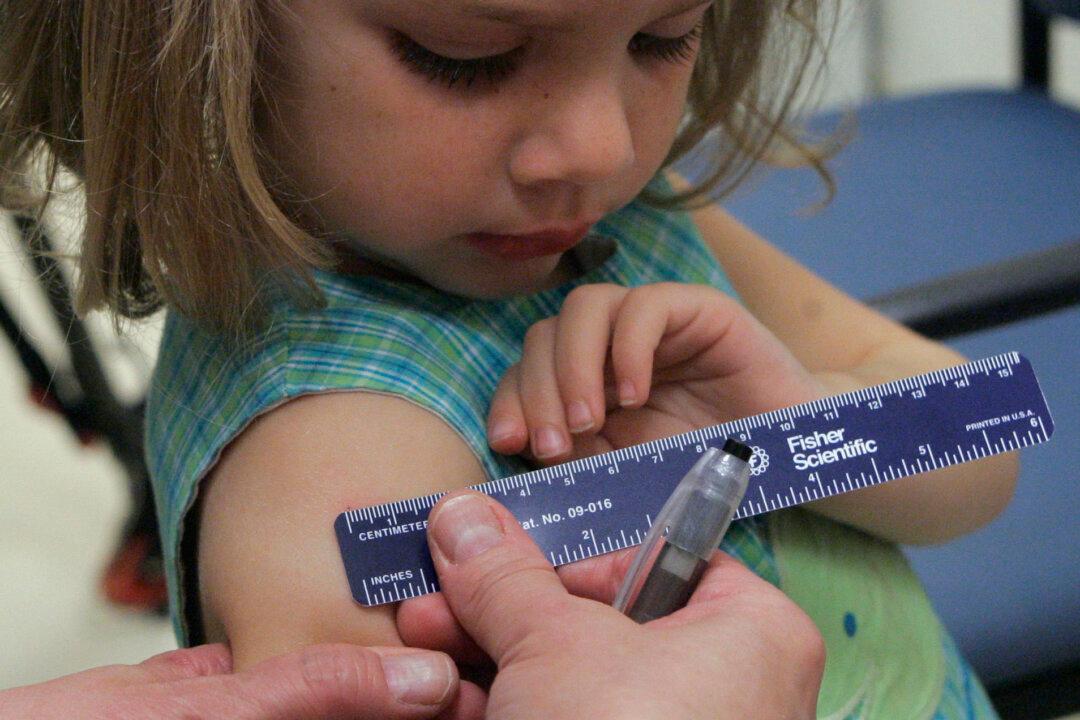Australia has confirmed two cases of diphtheria, a contagious and potentially fatal throat infection, in two children from northern New South Wales.
It is the first time the disease has been detected in the state in a century.

Australia has confirmed two cases of diphtheria, a contagious and potentially fatal throat infection, in two children from northern New South Wales.
It is the first time the disease has been detected in the state in a century.